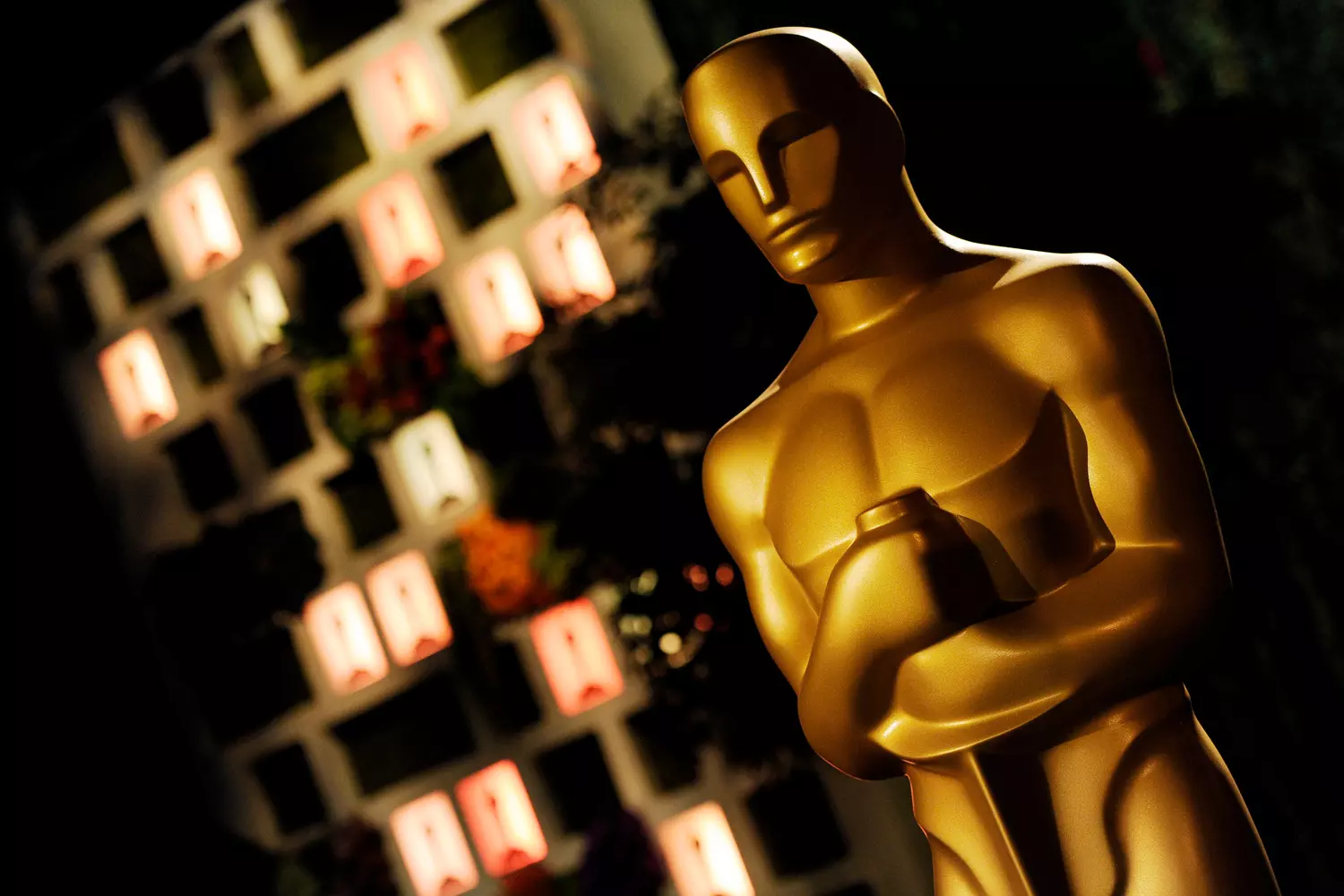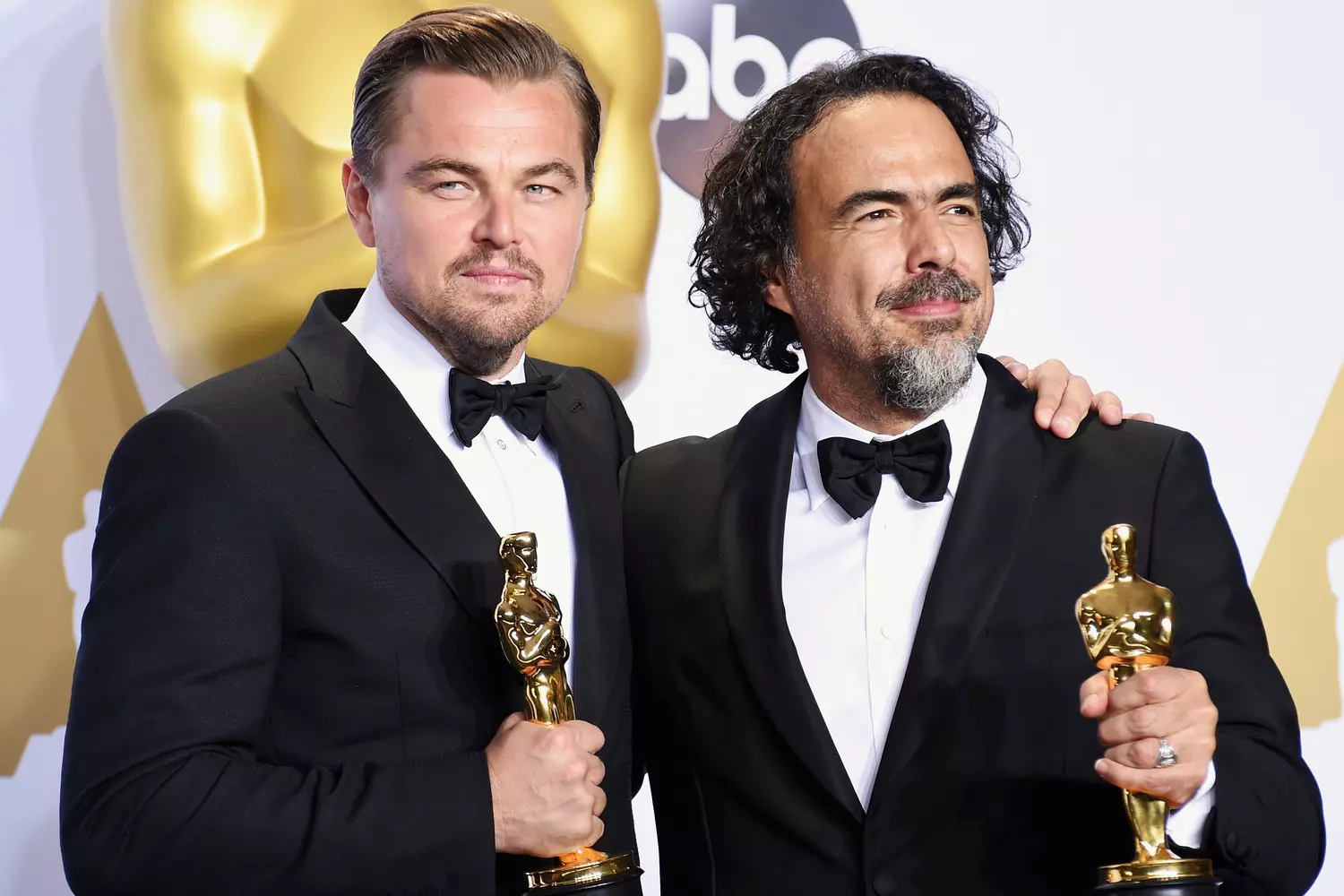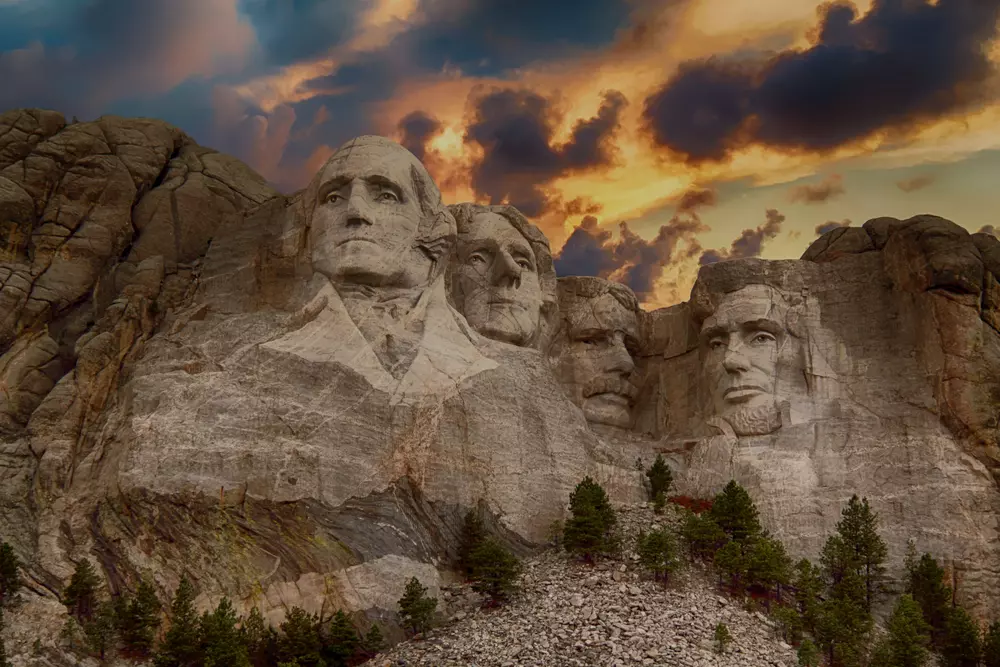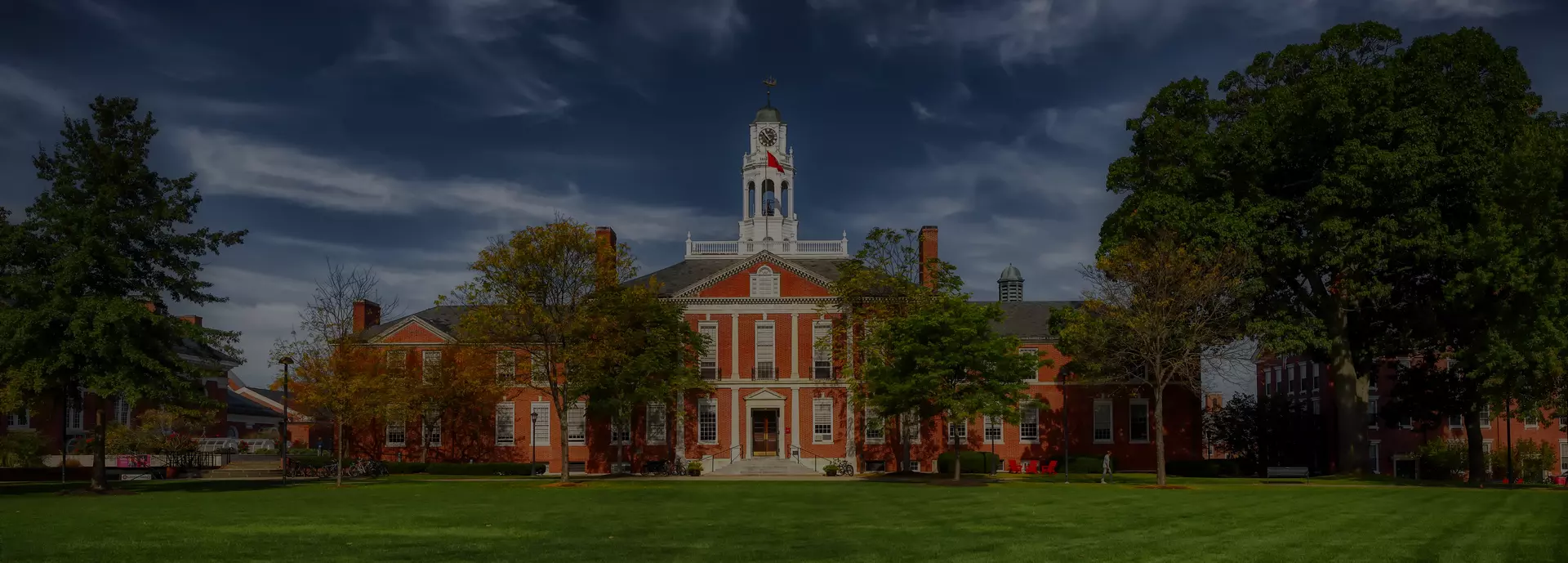The Academy Awards, commonly known as the Oscars, are the most prestigious and highly coveted accolades in the film industry. Held annually by the Academy of Motion Picture Arts and Sciences in Beverly Hills, Los Angeles, these awards honor outstanding professionals in cinema, including directors, screenwriters, actors, designers, composers, and many more.
But the Oscars are more than just about movies. They are about drama, scandals, tears of joy and defeat, major triumphs, and shocking upsets. Let’s dive into the history of Hollywood’s biggest award, uncover who won the first Oscar, and explore why some victories remain controversial to this day.

The Origins of the Oscars
The Academy Awards are inseparably linked to the Academy of Motion Picture Arts and Sciences (AMPAS), founded in 1927. A collective effort of 36 prominent figures in the film industry led to the creation of this prestigious institution. It was decided that outstanding contributors to cinema would be honored annually.
The first-ever Oscar ceremony took place on May 16, 1929, at the Hollywood Roosevelt Hotel, with an exclusive audience of just 270 people. The awards were handed out during a banquet in the Blossom Room. There were long acceptance speeches, though not much suspense — winners had been announced three months prior.
Honoring cinematic achievements from 1927 and 1928, the first Academy Award for Best Actor went to Emil Jannings, while Janet Gaynor took home the Best Actress award. Compared to today’s grand spectacle of media coverage and red-carpet glamour, the inaugural ceremony was a humble affair. The first-ever Best Picture winner? Wings (1927) — a World War I drama. But here’s the twist: there was another "Best Picture" that year — Seventh Heaven. Back then, the categories were structured differently.
From its inception, the Oscars were broadcast live — first on radio until 1953 and then on television every year after. In 1966, the ceremony was televised in color for the first time.
Initially, the names of winners were given to newspapers before the ceremony. The tradition of announcing results live on stage wasn't introduced until 1941. Since then, the results have been strictly guarded and kept in sealed envelopes — because suspense makes for better television.

Why Do the Oscars Even Matter?
“To honor the best in cinema!” you might say. Well… not exactly. If we’re being honest, the Oscars are all about business. Films that win an Academy Award see an immediate boost at the box office, actors and directors secure bigger paychecks, and studios rake in millions.
But there’s another side to the golden statue — politics. Many awards aren’t just about artistic merit but also about trends, public pressure, or simply the Academy making up for past mistakes.
A prime example? Leonardo DiCaprio. Nominated six times but only won in 2016 for The Revenant. Many believe that his win wasn’t about this particular performance but rather a way to compensate for all the times he had been snubbed. Seriously, how long could they keep torturing poor Leo?
Rent a premium car with American Butler!
Fascinating Oscar Facts
The Academy Awards are a celebration of cinematic achievement, but they also come with plenty of interesting trivia:
- The cost of guest tickets to the first Oscar ceremonies was just $5.
- The Oscar statuette stands at 13½ inches tall and weighs 8.5 lbs.
- Since 1929, nearly 3,000 statuettes have been awarded.
- The design? A knight holding a crusader’s sword, standing on a film reel.
- The film reel beneath the statue has five spokes, representing writers, technicians, producers, actors, and directors.
- The category for Best Animated Feature Film was introduced only in 2001.
- The red carpet at the Oscars is 500 feet long and 33 feet wide — plenty of space for all the Hollywood drama.

The Most Epic Moments in Oscar History
The Academy Awards have seen their fair share of historic wins, social breakthroughs, and outright blunders. From record-setting applause to shocking snubs, we’ve gathered some of the most unforgettable moments that shaped Oscar history.
- The First Female Best Director Winner
In 2010, Kathryn Bigelow made history as the first woman to win Best Director for The Hurt Locker, a gripping war thriller about a bomb disposal unit. It took 82 years for the Academy to finally recognize a female director with the top honor — talk about overdue! - Strange Actor Antics
In 1973, Marlon Brando made headlines for refusing his Oscar for The Godfather. Instead of accepting the award, he sent Sacheen Littlefeather, a Native American activist, to reject the trophy on his behalf. She delivered a speech protesting Hollywood’s stereotypical portrayal of Native Americans — causing boos, cheers, and one of the most controversial moments in Oscar history. - Charlie Chaplin’s 12-Minute Ovation
When silent film legend Charlie Chaplin was finally honored with an Honorary Oscar in 1972, he received a 12-minute standing ovation — the longest in Oscar history. Chaplin had been banned from the U.S. for 20 years due to alleged communist ties, and this was his first time returning to America. - The First Black Actress to Win an Oscar
In 2002, Halle Berry became the first Black woman to win Best Actress for Monster’s Ball. Overcome with emotion, she could barely speak for a full minute — an unforgettable moment in Academy history. - The First Black Actor to Win an Oscar
Sidney Poitier was the first Black actor to win Best Actor in 1964 for Lilies of the Field. The night became even more historic when Denzel Washington also took home Best Actor in 2002 for Training Day — making it a landmark moment for Black actors at the Oscars. - Breaking Barriers in Supporting Roles
In 1940, Hattie McDaniel became the first Black actor to win an Oscar for her supporting role in Gone with the Wind. At the time, racial segregation was so strong that she had to sit at a separate table at the awards ceremony. - The La La Land / Moonlight Mix-Up
The biggest Oscars blunder ever! In 2017, presenters Warren Beatty and Faye Dunaway mistakenly announced La La Land as Best Picture. The cast and crew were already celebrating on stage when they were awkwardly told — oops, the real winner was Moonlight. - The Parasite Revolution
In 2020, South Korean film Parasite became the first-ever non-English film to win Best Picture. Bong Joon-ho’s masterpiece shattered Hollywood’s language barrier, proving that great cinema isn’t limited to English-speaking films. - The Infamous Slap
And of course, how could we forget Will Smith slapping Chris Rock at the 2022 Oscars? A joke about Jada Pinkett Smith’s shaved head led to an unscripted, shocking moment where Smith walked on stage and hit Rock. The incident became one of the most viral and controversial moments in Oscar history.

Who Has Won the Most Oscars?
Some films have taken home record-breaking numbers of Academy Awards:
- Ben-Hur (1959) — 11 Oscars
- Titanic (1997) — 11 Oscars
- The Lord of the Rings: The Return of the King (2003) — 11 Oscars (and not a single loss!)
Among actors, Katharine Hepburn holds the record with 4 Best Actress Oscars. For male actors, Daniel Day-Lewis leads with 3 Best Actor wins.
Why Do People Criticize the Oscars?
Despite its prestige, the Academy Awards have faced repeated criticism over the years. Here’s why:
- Lack of Diversity
Until recently, the Oscars were dominated by white men. The #OscarsSoWhite movement brought attention to the issue, pushing for more inclusivity. - Undeserving Winners
Sometimes the award doesn’t go to the best film but rather to the one that aligns with the current political or social climate. - Predictability
The Oscars often feel like a "career achievement" award rather than a recognition of the best work. When someone has been "overdue" for years, they’re often given a win — whether they deserve it or not.
Still, the Oscars remain the most prestigious film award in the world. Every year, millions tune in for the red carpet, the emotional speeches, and of course — the scandals.
Winning an Oscar means receiving an award from people who decide who they want to honor, not from those who actually understand cinema.Orson Welles
Modern Oscars: Glamour & Prestige
Today’s Academy Awards are all about glitz, luxury, and high fashion. Celebrities flaunt their extravagant outfits, photographers swarm the red carpet, and millions watch the spectacle worldwide. But it wasn’t always like this — early ceremonies were private, understated affairs.
On the pages of our website, you'll find lots of useful information related to American culture and traditions. And if you want to get to know the USA up close, our company will organize and conduct a tour of this wonderful country. Explore the best of America with tailor-made tours that bring you closer to its culture, history, and entertainment.

































